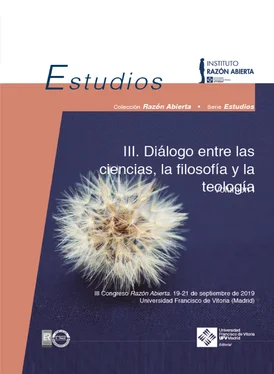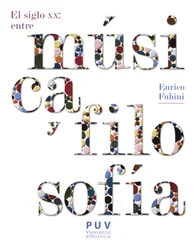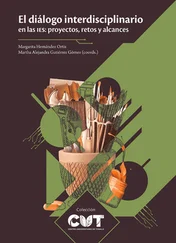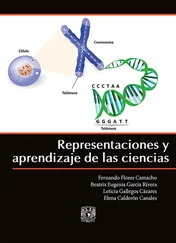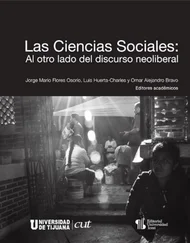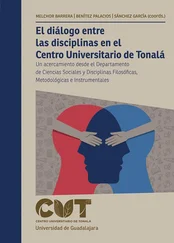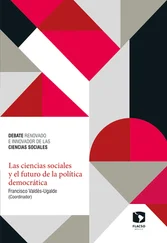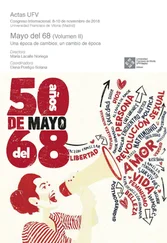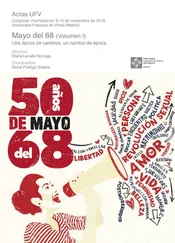Note that none of this has any intellectual bearing on whether naturalism as a methodological postulate might legitimately support or develop into naturalism as a metaphysics and worldview. But this is lost on many people in society at large, not to mention on the ideologues and polemicists who proselytize for naturalism as a worldview, such as the so-called New Atheists. And it would be naïve to remain blind to the ways in which metaphysical naturalism seems to become ever more plausible to the unwary because of the power of the natural sciences, including medicine and all the branches of engineering, through the transformative impact of its technological applications in all domains of human life. Since the late nineteenth century, these disciplines have called the shots in research universities because of their spectacular success in producing «useful knowledge.» 4
As a corollary, when naturalism’s methodological postulate becomes metaphysical assertion, science is nearly always conjoined with scien tism : the ideological position that only the empirical, observational, experimental, mathematizing methods of the natural sciences are justifiable means of pursuing and discovering any truth about reality. In effect: «look how much the sciences have explained – perhaps they will eventually explain everything! But whether they can or not, nothing else can tell us anything true about reality.» This epistemological imperialism is not only false, but mistaken in its aspiration in principle, just as metaphysical naturalism is mistaken because it is based on a fundamental irrationalism; more on this below. Yet warranted and necessary criticisms of scientism do not and should not challenge any genuine findings of the natural sciences; and even though naturalism is an irrational worldview, it remains a legitimate, demonstrably productive methodological postulate for the natural sciences’ self-limited, restricted mode of inquiry.
Another distinction about which it is important to be clear, lest the argument at hand be misunderstood: notwithstanding my criticism of scientism as an epistemological ideology, it is important to retain a commitment to the unicity and integral character of all knowledge in principle, ultimately as a matter of logic (and thus of the exercise of reason). In the traditional scholastic formulation, truth cannot contradict truth; everything that is true must ultimately hang together, even though there obviously is a great deal we don’t know, and even if we can’t see how what we do know coheres. But we certainly have some capacity to relate to each other the distinctive types of knowledge gained from the inquiries characteristic of different disciplines. We can grasp, for example, that in eighteenth-century Brandenburg, Johann Sebastian Bach could not have written any of his sublime keyboard music apart from neurons firing in his central nervous system; or without the capacity for symbolic thought that seems to have arisen in our species around 50,000 years ago; or if hominid evolution had not been part of the evolution of life on earth, extending back more than four billion years; or unless the physical elements in the chemical compounds in the molecules of Bach’s body had been forged in processes of stellar and supernova nucleosynthesis, and in the case of helium and hydrogen at the time of the Big Bang, billions of years ago. Every human creative act, every aesthetic experience, every heartfelt embrace, and every compassionate smile presupposes what is studied by neuroscientists and neurologists, archaeologists and evolutionary anthropologists, evolutionary and cell biologists, biochemists and organic chemists, particle physicists and cosmologists. But this neither means nor implies that, for example, knowledge of Bach’s genetic makeup or ancestry tells us anything about the structure and harmonies of his Toccata and Fugue in D-Minor . It doesn’t, nor can it.
Why should a Reformation historian concern himself with these issues? Because of the conditions of our shared academic environment. Regardless of one’s discipline or field, whether we like it or not, the predominant framing assumptions of universities today increasingly include scientism and materialist naturalism. This means we inhabit an intellectual milieu characterized by contracted, restricted reason. There is enormous professional and social pressure to conduct our academic lives as if all reality consists of nothing but and can be nothing more than the natural order of matter-energy in motion, as if the universe is a closed causal system. We are expected in our scholarly lives to talk and act as if, in the event that anything transcends the natural order, there could be no way for us to know, nor could it have any relevance for or influence on us. Not only if one is a physical chemist or cell biologist, but also if one is an economist or sociologist, a historian or an art historian, one is obliged, if one «wants to be taken seriously,» as the saying goes, to conduct one’s research in a manner consistent with metaphysical naturalism. In most universities and in our wider intellectual culture, questions that interrogate naturalist assumptions are not even supposed to be asked, and if they are, those with the temerity to pose them are likely to be met with some combination of incomprehension, dismissiveness, mockery, or disdain. For those who are open to questioning and committed to the exercise of rationality, the irony of this dismissive disdain – in institutions, no less, ostensibly committed to the exercise of critical, self-reflective reason – will become clear.
Whether we are aware of them or not, all of us – humanistic scholars, social scientists, and natural scientists – make philosophical assumptions. We would do well to reflect on what they are and why we hold the ones we do. It is perfectly appropriate for a scholar of modern Spanish literature, or a social psychologist, or a molecular biologist, or any other scholar or scientist, to reflect on the framing assumptions of the university institutions and intellectual culture within which academic scientists and scholars do their work. These assumptions affect every one of us whether we are aware of them or not. Of course, my particular training as a historian shapes the specific ways in which I see the relationship of my own expertise, early modern European history, to the history of the human past as a whole, and the relationship of human history to the evolutionary history of hominins and more broadly mammals and more broadly still to the evolution of life on Earth, and beyond this to the formation of our planet and solar system and galaxy within the history of the universe, and finally to the most fundamental questions about existence and being as such. But whatever our particular research-specific and disciplinary starting points, all reflection along these lines cannot but converge analytically on the same terminus, if we think seriously about integrating knowledge from different disciplines within a whole. We are all, in our specific ways, situated within human history at a point long after the beginnings of the evolution of life on Earth, which is itself embedded within the much longer cosmological history of the universe stretching back to the Big Bang, all of which belongs in turn to the domain of ontologically contingent beings.
My main argument is that there is a problem – a serious problem – with the pervasive assumption of naturalism as it usually functions today, with its anti-transcendent, atheistic, and materialistic metaphysics, in universities and the prevailing intellectual culture we inhabit. The presumption of naturalism depends upon forgetting, neglecting, or overlooking a foundational truth of reason about the entirety of the natural order as such, a critical philosophical error that in turn pervades our intellectual culture and exerts a distorting pressure across the disciplines. One contribution, then, to the expansion of reason beyond its unjustifiably constricted constraints consists in pointing out this problem on the basis of the exercise of reason itself.
Читать дальше
